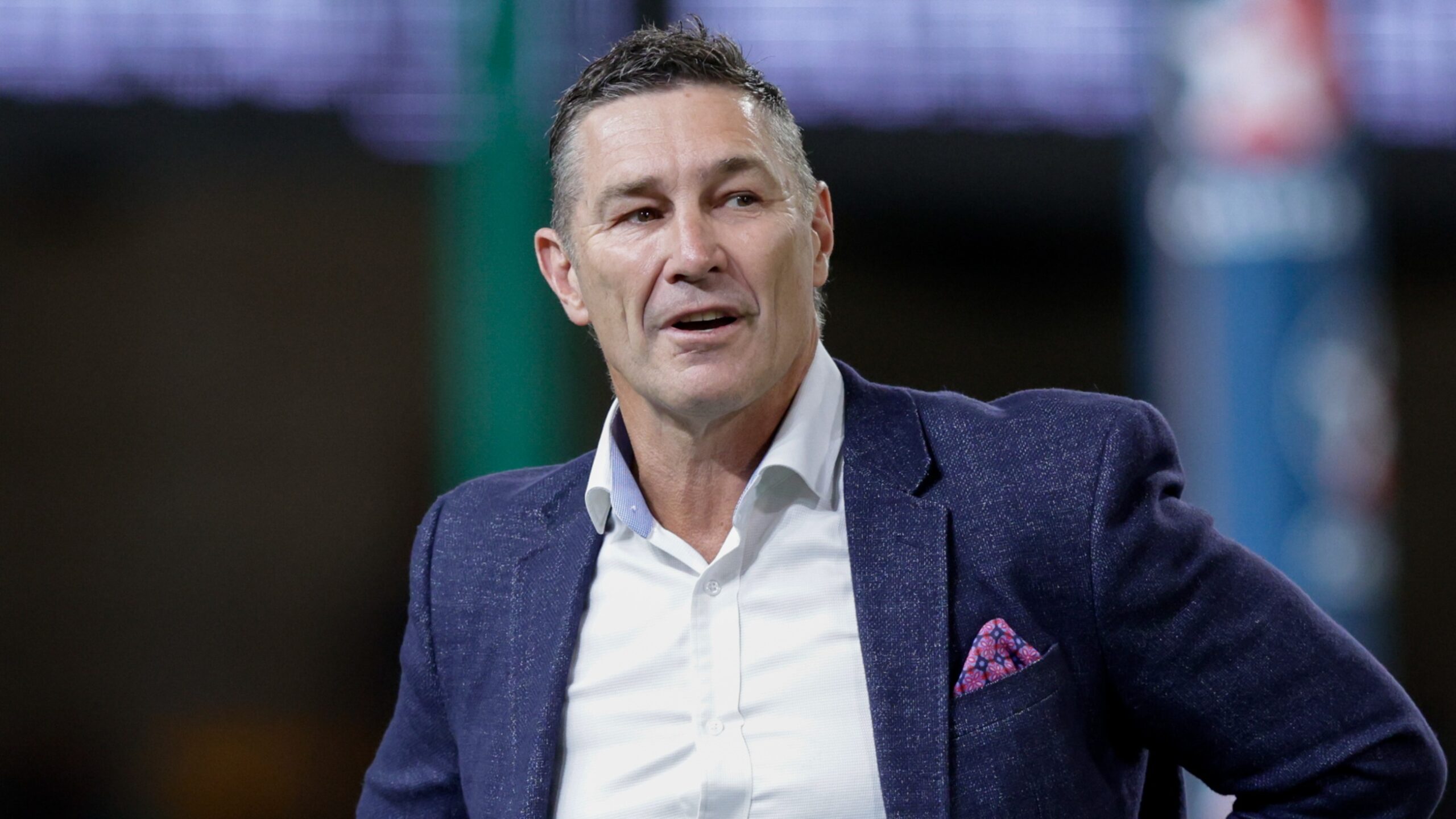Formula One considers Sprint Weekend changes to boost interest

Formula One is contemplating significant alterations to the structure of its sprint weekends in a bid to revitalise fan engagement, as reported by Motorsport.com.
The discussions have included various ideas such as implementing reverse grids, introducing a separate sprint championship and offering a substantial $1 million prize pool.
Sprint races were first introduced in 2021 and were modified at the start of this season, with the separation of the sprint from the main Grand Prix’s grid-setting function. Instead, the sprint now features its own qualifying session.
It appears that the sprint weekends have not achieved the desired results, as demonstrated by a drop in ticket sales for the recent US Grand Prix compared to 2022. In response to this waning interest, Formula One executives are exploring unconventional approaches, although none of these concepts have been formally proposed.
One of the options under consideration is securing a sponsor willing to provide a $1 million cash prize to the sprint race winner. The possibility of decoupling sprint races from the championship altogether is being explored to prevent a title from being clinched on a Saturday, as occurred with Max Verstappen in Qatar this season.
The idea of implementing reverse grids has been a point of contention in Formula One for some time, with concerns about the potential for unexciting races leading to scepticism. Toto Wolff, team principal of Mercedes, has expressed his reluctance to embrace this concept, emphasising that he values preserving the integrity of racing.
“I’m conservative in racing,” Wolff explained.
“I’d rather have no sprint races than if you start to meddle. Even more with reverse grid races, we are going towards junior formulae where sport follows entertainment, while entertainment should follow sport.
“Creating artificial gaming around the sprint race on a Saturday is not the way that I would favour personally. But that’s my opinion. All teams, together with Stefano [Domenicali, chief executive of Formula One], we just need to think about what is best.”
🚨 | Mercedes' Reaction To Lewis Hamilton's Disqualification
LEWIS HAMILTON
"It is of course disappointing to be disqualified post-race but that doesn't take away from the progress we've made this weekend."TOTO WOLFF
“Set-up choices on a sprint weekend are always a challenge… pic.twitter.com/iZCQokp5xK— el Formula (@elFormulaOne) October 23, 2023
This perspective is not universally shared. Christian Horner, team principal of Red Bull, believes that introducing “a bit more jeopardy” is essential to make the format more thrilling.
“Whether you do a reverse the top ten or something, you’ve got to add enough points to it to make it worth the drivers to really go for it,” Horner stated.
Formula One’s continuous pursuit of expansion with a 24-race calendar and an additional six sprint events risks audience fatigue, particularly when many races have been perceived as processional. Sprint races have not resonated well with fans since their introduction, and a significant overhaul might risk turning them into an even more gimmicky element.
With the budget cap in place, teams might be less inclined to participate in sprint events if they become a separate championship. A prize pool would primarily benefit teams with genuine title prospects, potentially discouraging others from participating to avoid costly crash damage.
Motorsport critics assert Formula One organisers need to strike a balance between providing entertainment and staying true to the sport’s core, contending that their primary focus should be on the regulations, which aim to create smaller, lighter cars with an emphasis on mechanical grip to enhance the on-track product.
It's free to join the team!
Join the most engaged community in the Sports Business World.
Get all the latest news, insights, data, education and event updates.






